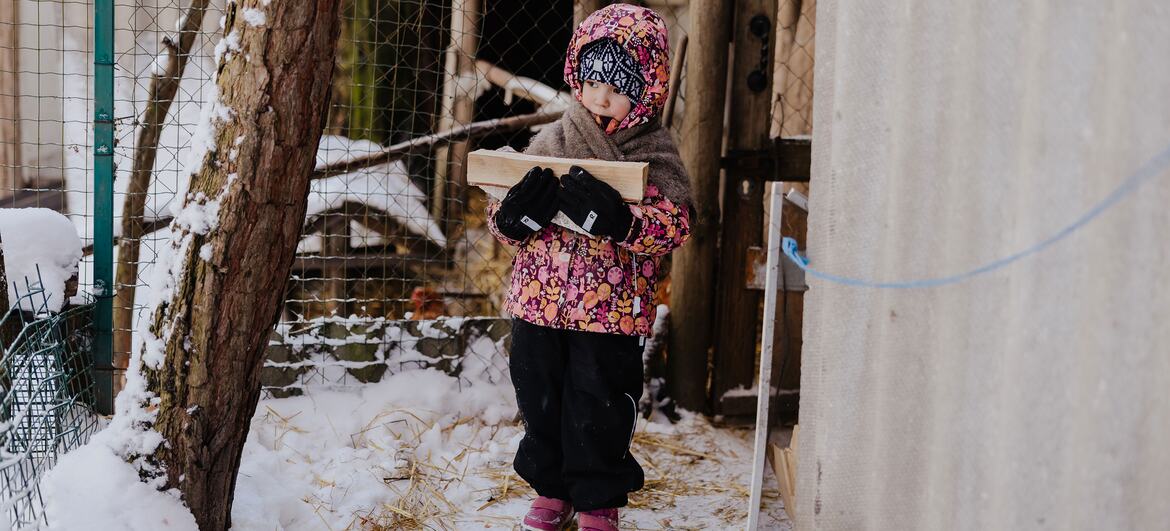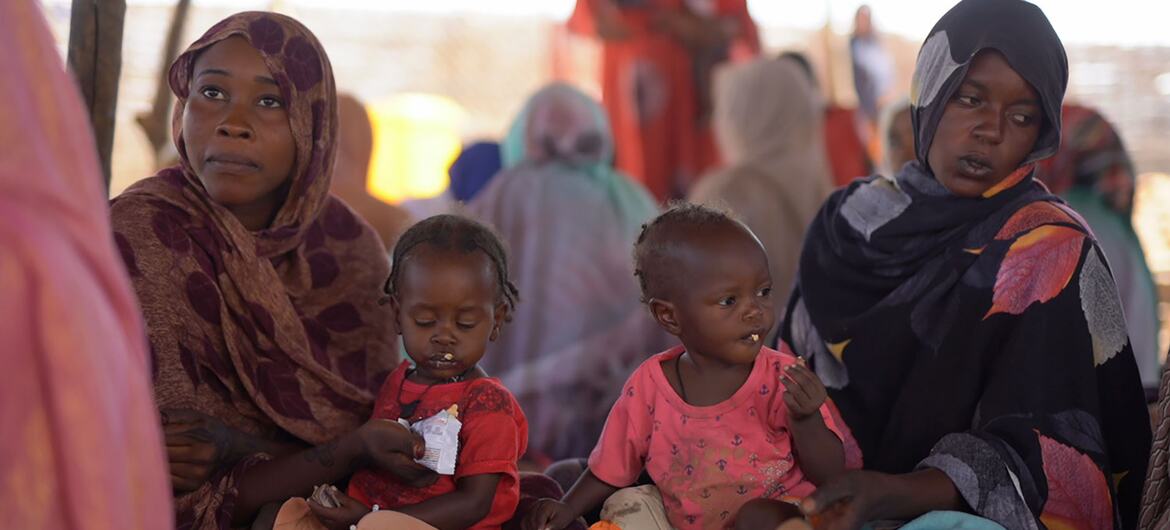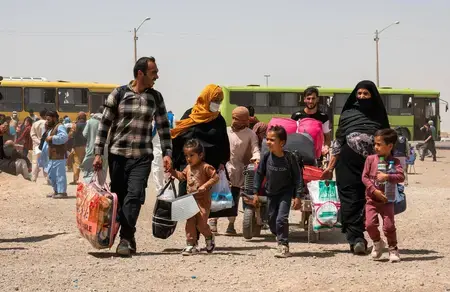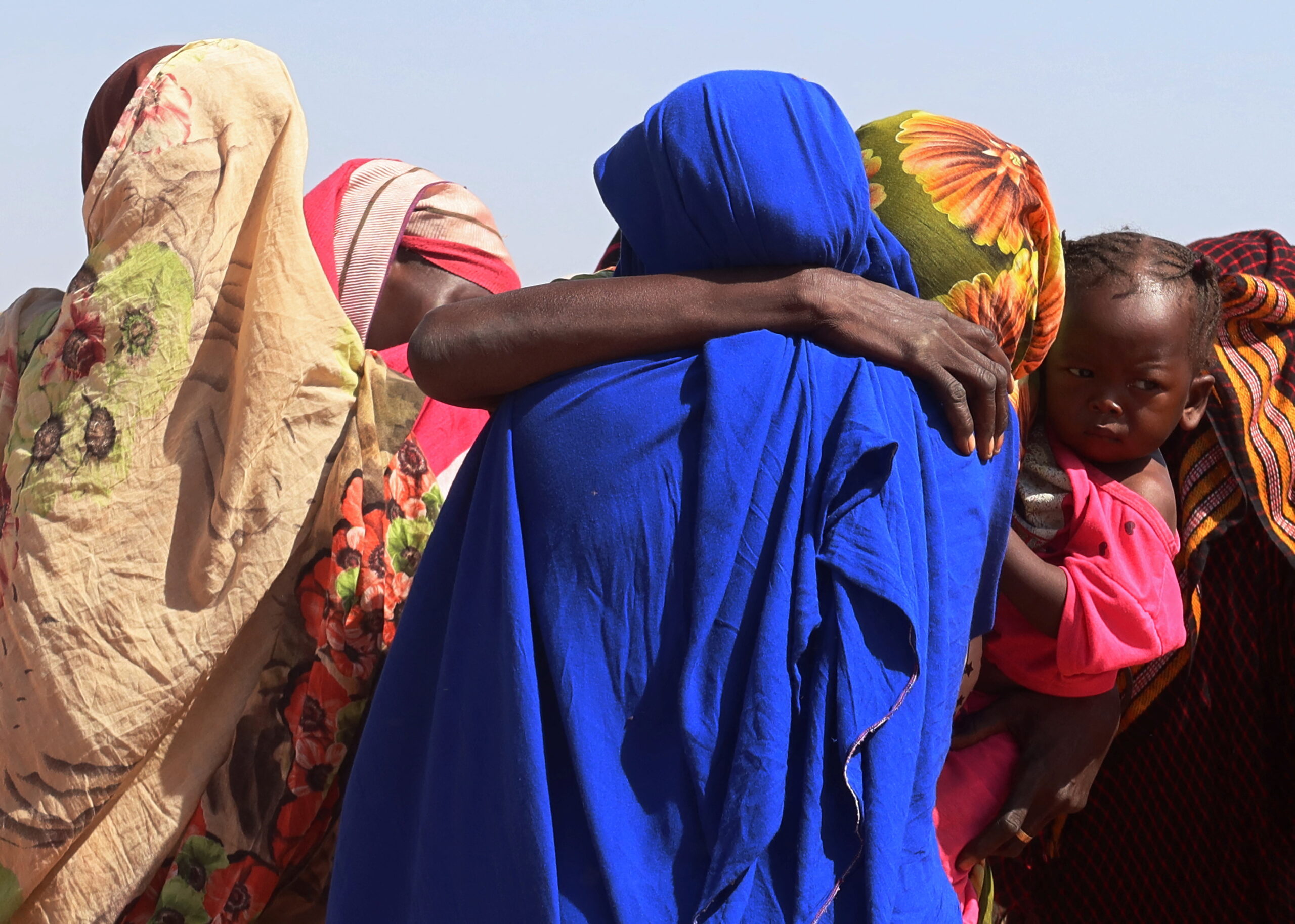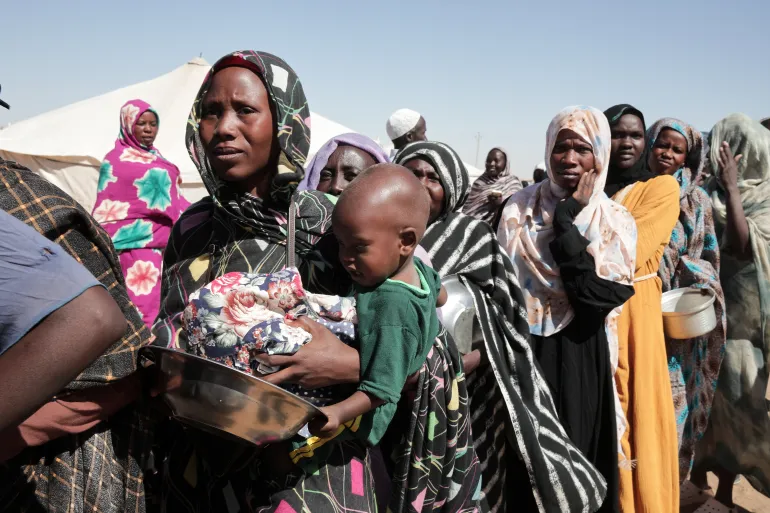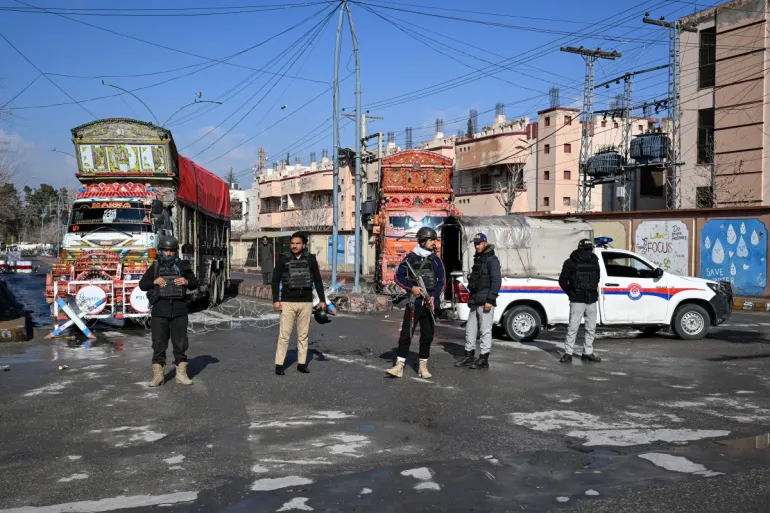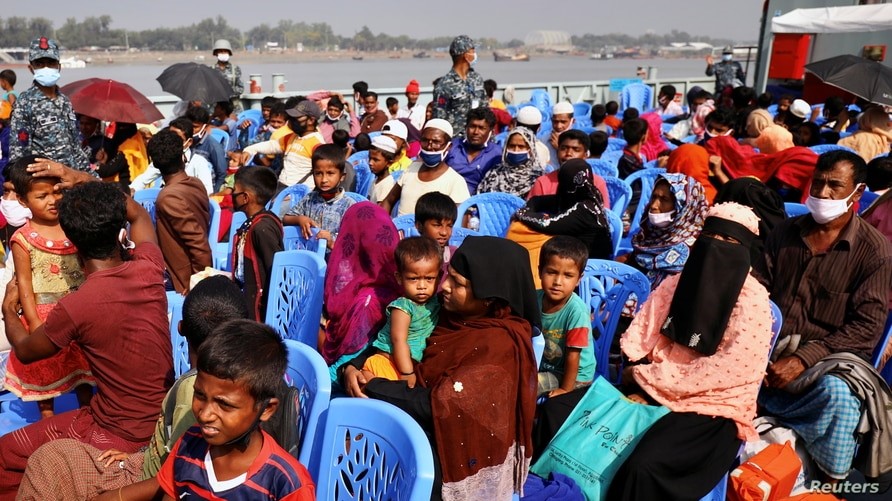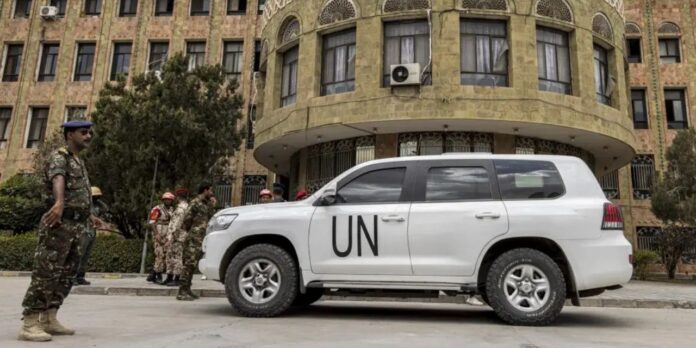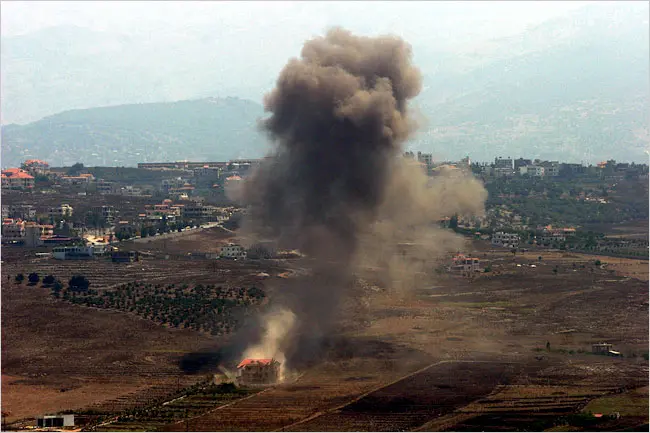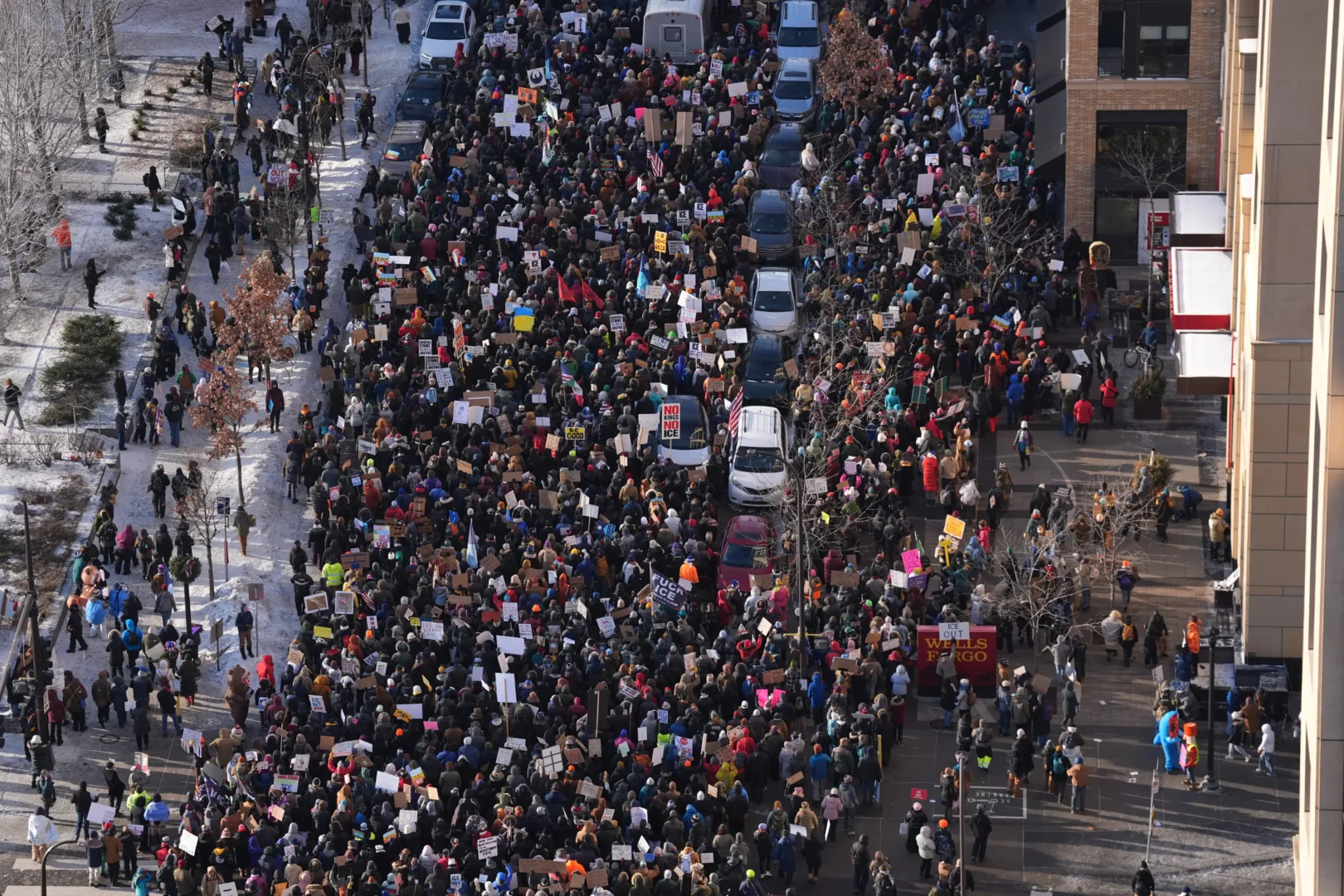Israel’s Strikes on Gaza Escalate Despite Ceasefire Deal
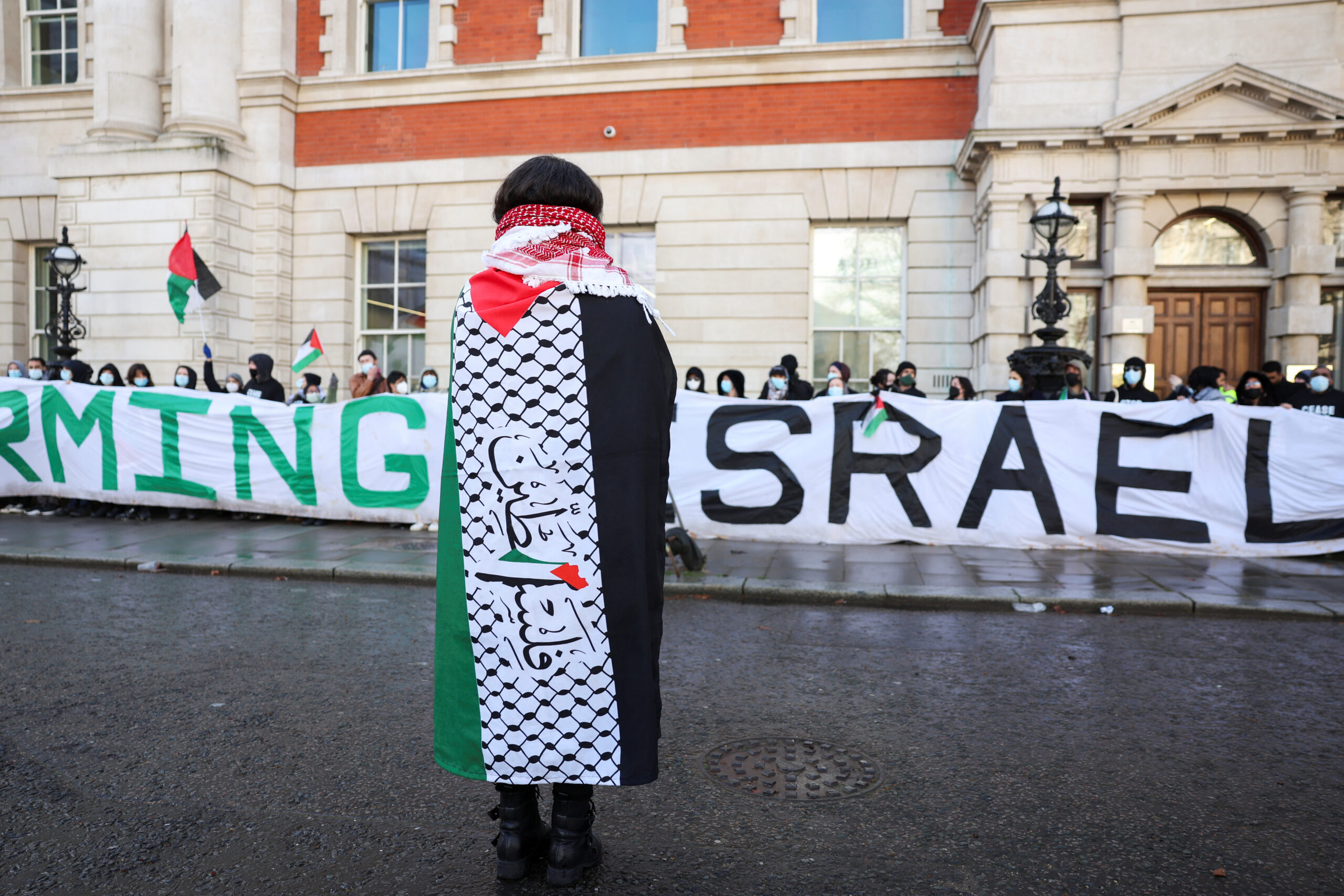
Archive/Al Jazeera.
Israel’s military escalated its attacks on Gaza just hours after a ceasefire deal was announced, as residents and authorities in the Palestinian enclave reported intensified bombardments. This surge in strikes came as international mediators, including Qatar, Egypt, and the U.S., worked to finalize the terms of the complex ceasefire agreement, which was set to begin on Sunday.
The ceasefire, brokered after months of negotiations, aims to halt the bloodshed that has devastated Gaza over the past 15 months. The deal outlines a six-week ceasefire with a phased withdrawal of Israeli forces and the release of hostages taken by Hamas in exchange for Palestinian prisoners held by Israel.
Qatar’s Prime Minister, Sheikh Mohammed bin Abdulrahman Al Thani, confirmed that the ceasefire would go into effect on Sunday, with ongoing talks between Israel and Hamas to finalize the steps for implementation. U.S. President Joe Biden hailed the agreement as a significant step towards ending the conflict and delivering much-needed humanitarian aid to the region. His predecessor, Donald Trump, also claimed credit for the deal’s breakthrough, highlighting the joint efforts of both U.S. administrations.
The agreement is expected to pass Israel’s security cabinet and government, despite opposition from some hardliners within Prime Minister Benjamin Netanyahu’s coalition. Negotiators have noted that progress in the talks accelerated once both U.S. administrations worked together, emphasizing the urgency of the situation.
While the ceasefire brought hope to many in Gaza and Israel, the military escalation continued. The strikes, particularly in Gaza City, killed at least 32 people on Wednesday evening, and further bombardment on Thursday destroyed homes in various parts of Gaza. Israel’s military reported a rocket attack from Gaza, though no casualties were reported.
In Gaza, jubilant scenes unfolded as residents celebrated the prospect of a ceasefire amid severe shortages of food, water, and shelter. In Khan Younis, crowds filled the streets, cheering, waving flags, and dancing. “I am happy. Yes, I am crying, but those are tears of joy,” said Ghada, a displaced mother of five.
In Israel, families of hostages also welcomed the news, expressing relief and joy over the prospect of their loved ones’ return. Hamas, in a social media statement, called the deal a “turning point” for the Palestinian people.
If successful, the ceasefire could end the fighting that has already claimed over 46,000 lives and displaced the majority of Gaza’s 2.3 million residents. It could also help de-escalate tensions across the broader Middle East, where the war has already fueled violence in countries like Lebanon, Syria, and Iraq.
The deal’s first phase includes the release of 33 hostages, including women, children, and men over 50, as well as two American hostages. Humanitarian aid is expected to surge into Gaza, with organizations like the U.N. and the International Committee of the Red Cross preparing to scale up their operations.
While international leaders have praised the agreement, concerns remain about its full implementation, particularly regarding the fate of remaining hostages and the future governance of Gaza. Phase two of the deal is set to begin within weeks and will focus on the release of all remaining hostages, a permanent ceasefire, and the complete withdrawal of Israeli forces.
As both sides work to implement the deal, questions remain about Gaza’s long-term future, including the critical issue of who will control the enclave once the conflict ends.
Reuters.


